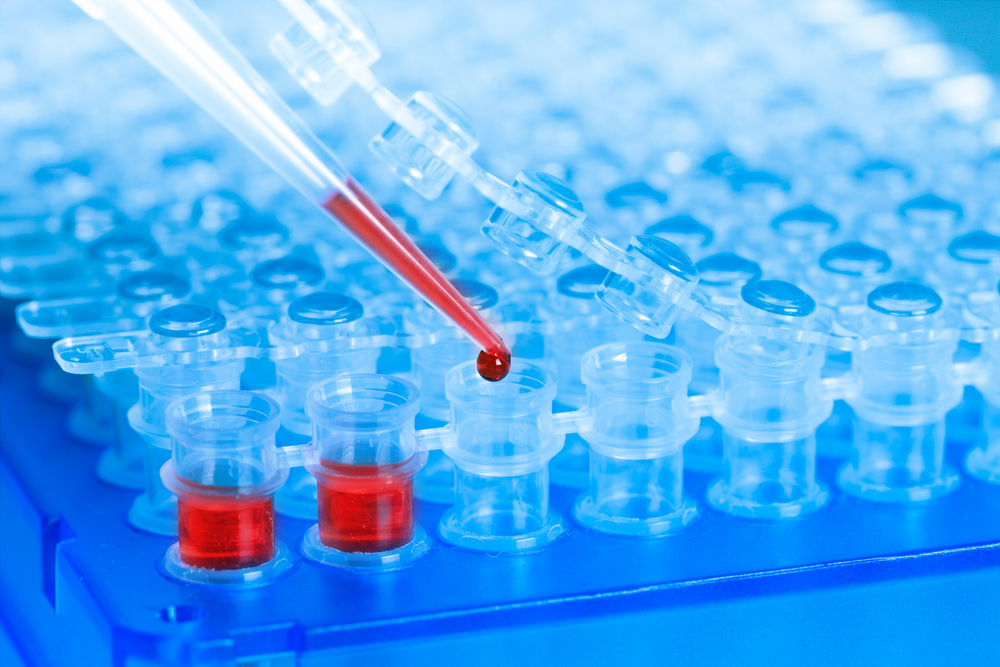Pluristem Therapeutics, Inc. has received notice from United Therapeutics Corp. ending its licensing agreement to develop PLX-PAD for the treatment of pulmonary arterial hypertension (PAH). According to a press release, Pluristem, a developer of placenta-based cell therapy products, will regain full rights to its Placental eXpanded (PLX-PAD) cells, and to all clinical data and regulatory submissions.
Pluristem plans to continue clinical development of its PLX-PAD program and seek new licensing partners.
Data from the first group of three patients given PLX-PAD in a single-arm Phase 1 trial, conducted by United Therapeutics in September 2014, showed a good safety profile and encouraging, if limited, efficacy trend, Pluristem announced. Initial findings from this cohort suggest an improvement of 21 meters, on average, from baseline in the six-minute walk distance (6MWD) test at three-month follow-up. Two patients with moderate (Grade 2) PAH levels had a medium improvement of 40 meters in 6MWD. This cohort received a single IV injection of 0.5 million cells/kg of patient weight. Enrollment for a second cohort is now complete and follow-up is underway. These patients received 1 million cells/kg of patient weight.
“We thank United for the work they have completed on this project and believe PLX-PAD can make a significant contribution to the health of patients suffering from PAH. The data generated by United provides a good foundation to suggest that our cells can be safely administered intravenously, with potential broad application, and can improve the quality of life for PAH patients. We have previously announced results from several studies that demonstrate the safety of intramuscular administration, and with the new intravenous data we can now expand the potential indications for which PLX cells can be used,” said Pluristem’s chairman and CEO, Zami Aberman.
About PLX (PLacental eXpanded) cells
Pluristem reports consistent clinical trial data in multiple indications for its PLX (Placental eXpanded) cells, designed to release a mix of therapeutic proteins in response to inflammation, ischemia, hematological disorders, and radiation damage.

